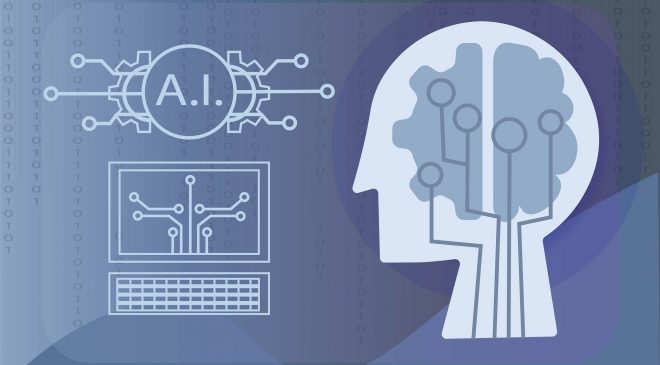The information was presented at the European Stroke Organisation Conference
Researchers from Denmark have developed an artificial intelligence (AI) framework that has shown promise in recognizing strokes that often go unnoticed by human emergency call handlers. The framework, presented at the European Stroke Organisation Conference, was trained using a dataset of over 1.5 million calls made to the Copenhagen Emergency Medical Services between 2015 and 2020.
By transcribing call audio and predicting the risk of stroke based on the transcribed text, the AI framework outperformed emergency call handlers in identifying stroke cases across different age groups and both sexes. The results from calls in 2021 showed that the AI framework achieved a recall (sensitivity) of 63.0 per cent and a precision (positive predictive value) of 24.9 per cent, resulting in an F1 score of 35.7. In comparison, emergency call handlers had a recall of 52.7 per cent and precision of 17.1 per cent, resulting in an F1 score of 25.8.
Jonathan Wenstrup, one of the lead authors of the study, emphasized the crucial role of emergency call handlers in early and accurate stroke recognition. Undetected stroke cases at this stage can lead to delays in treatment and potentially life-threatening consequences for patients. Stroke is a leading cause of death and adult disability in Europe, affecting over 1 million people annually. By implementing cost-effective AI tools like this framework, stroke identification can be enhanced, ensuring more patients receive timely and appropriate care, ultimately improving outcomes.





